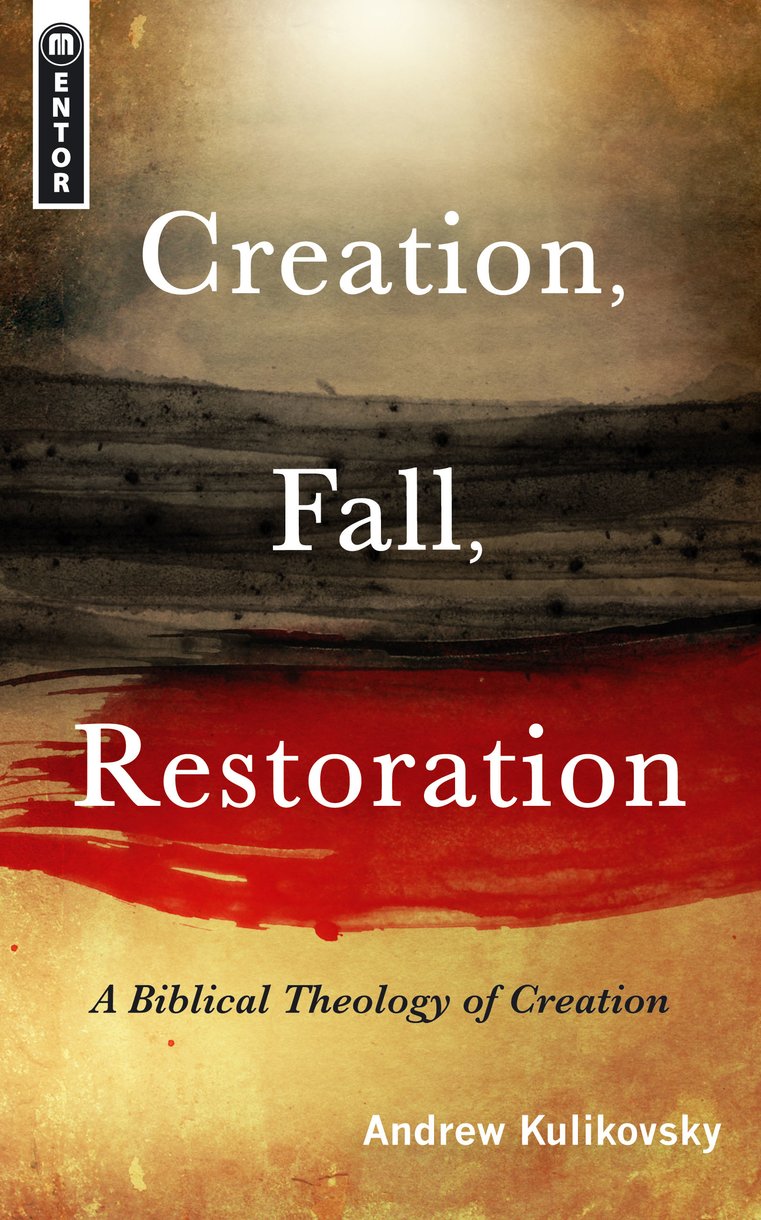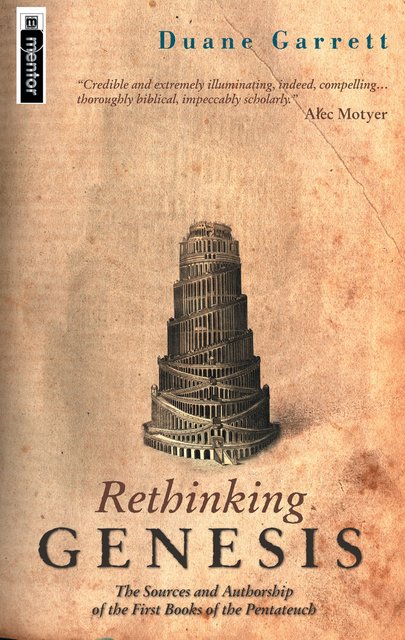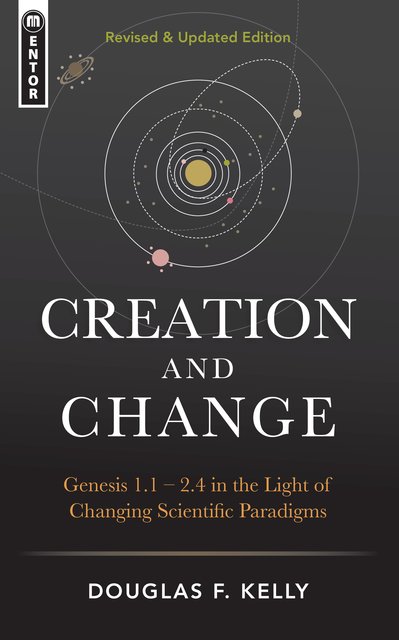
Released in the UK March 2009
Released in the US May 2009

Large trade paperback | 312 Pages
9781845504465 • £14.99 $23.99
BISAC – REL106000
Creation, Fall, Restoration
A Biblical Theology of Creation
Andrew Kulikovsky
Andrew S. Kulikovsky brings to the debate among creationists a robust reading of the relevant biblical texts, including the opening chapters of Genesis. He argues that biblical authority applies to the natural world of the sciences and history as well as to matters of faith and conduct. Scripture itself clearly points to a recent creation of the earth. Its propositions, however, are readily ignored by accepting the authority of current mainstream scientific theories too quickly and naively.
In his far reaching exploration, Kulikovsky takes us into the territories of scientific and biblical interpretation, and changing views of nature in the history of both science and theology.
Kulikovsky's call to return to Biblical authority is relevant to all evangelicals, whether convinced that the earth is recent or old. All who genuinely seek the truth in these matters will find this book both refreshing and challenging, as it seeks to get to the crux of what has been an issue of disagreement among Christians from before the era of Darwin.
Andrew Kulikovsky
Andrew S. Kulikovsky has an M.A. in Biblical Studies and Theology from Louisiana Baptist University and an active supporter of Creation Ministries International.
Related Titles

9781857925760 |

9781781919996 |

9781527104495 |

9781527107731 |

Mentor
The grand themes that should enliven our thinking are Creation, the Fall and Restoration. In each of these areas, the author discusses the views of scholars, explains their often conflicting perspectives, and shows that biblical theology provides a sure guide for those seeking answers...It is highly recommended to anyone seeking to engage with these issues in greater depth.
Evangelicals Now
Creation, Fall, Restoration: A Biblical Theology of Creation provides a refreshingly thorough yet eminently readable treatment of Genesis 1-3. Kulikovsky rightly argues that allowing the conclusions of modern science to determine our understanding of creation is basically a denial of the evangelical doctrine of sola scriptura. Sadly, many otherwise excellent evangelical scholars provide a confused or inconsistent hermeneutic in their treatment of the early chapters of Genesis, allowing the current conclusions of modern science to trump normative exegesis of the biblical text. Kulikovsky's work consistently exposes the faulty logic of such an approach. He discusses the role of science in biblical hermeneutics; the view of the Genesis creation account throughout church history; the overall purpose and function of the Genesis account; the days of creation; and the creation of mankind, the garden of Eden and the fall of man and its consequences. While not shying away from controversy, Kulikovsky ably interacts with relevant works representing diverse points of view. Even for those who do not share his conclusions, Kulikovsky's work is comprehensive and thought-provoking. In my thinking, his basic approach and treatment of the creation account is right on target!
Todd S. Beall
Chairman, Department of Old Testament Literature and Exegesis, Capital Bible Seminary, Lanham, Maryland
Since Scripture alone reports the details of divine creation, Kulikovsky directs readers back to the biblical record itself. Debates pitting science against creationism too often ignore the biblical revelation. Creationist conferences and consultations primarily explain observable phenomena that support the scientific accuracy of biblical creationism and banish biblical authority to the footnotes. Kulikovsky, however, proves that a young earth springs from a no-nonsense reading of the biblical text. Creation, Fall, Restoration dissolves the old earth fog that envelopes inadequate arguments for a young earth.
William D. Barrick
Professor of Old Testament; The Master?s Seminary, Sun Valley, California
Andrew Kulikovsky's volume provides its readers with a clear and current overview of the debate among biblical scholars about the interpretation of the creation week in Genesis 1-2 as well as Adam's fall (Gen. 3).
Michael A. Grisanti
Professor of Old Testament, The Master's Seminary, Sun Valley, California